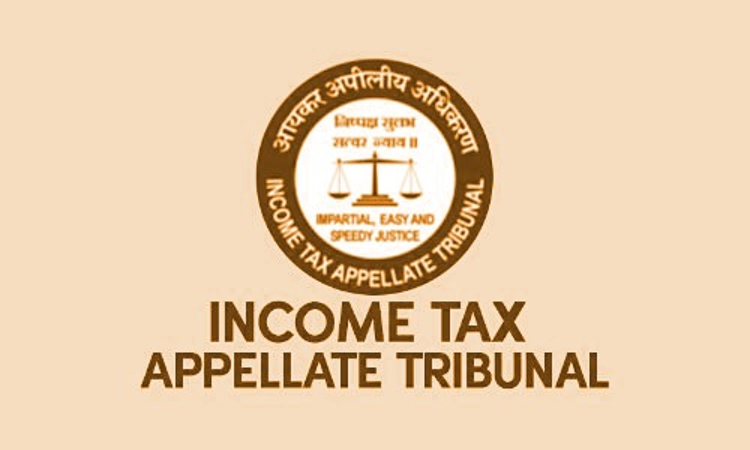No Income Tax Payable On Bonus Shares Under The Head ‘Income From Other Sources’: ITAT
Mariya Paliwala
6 Sept 2023 5:00 PM IST

Next Story
6 Sept 2023 5:00 PM IST
The Delhi Bench of the Income Tax Appellate Tribunal (ITAT) has held that income tax is not chargeable on bonus shares under the heading ‘income from other sources’.The bench of Anubhav Sharma (Judicial Member) and M. Balaganesh (Accountant Member) has observed that the bonus shares are issued only out of the capitalization of existing reserves in the company. The AO had not disputed the...
